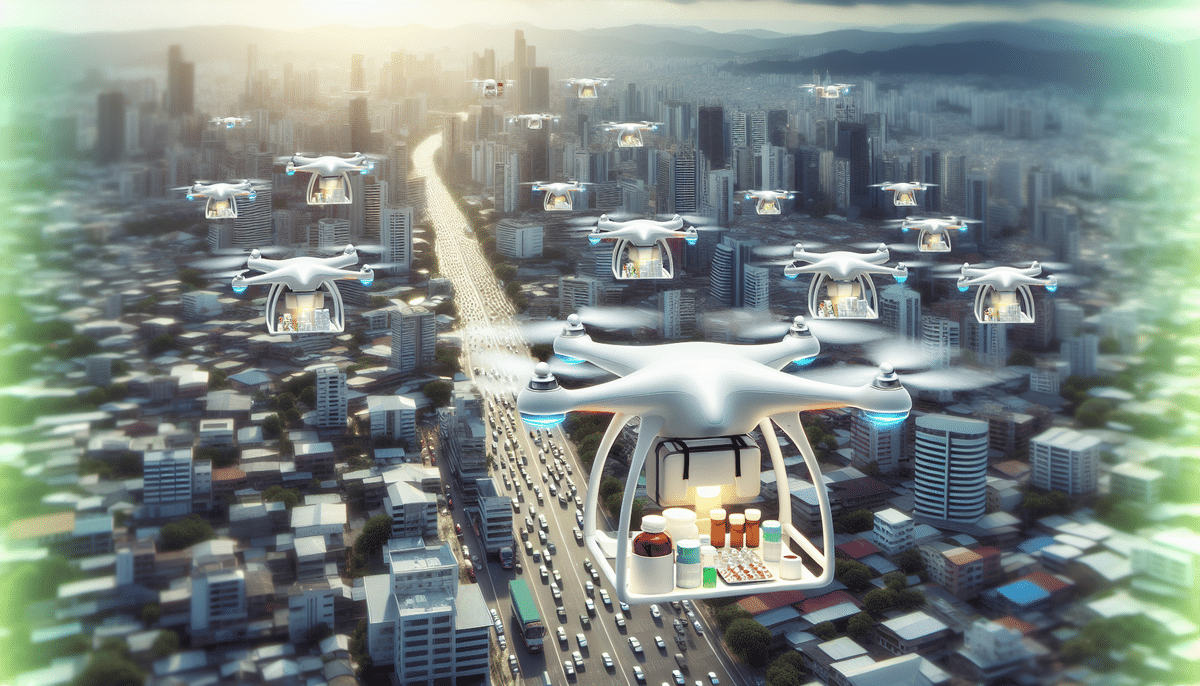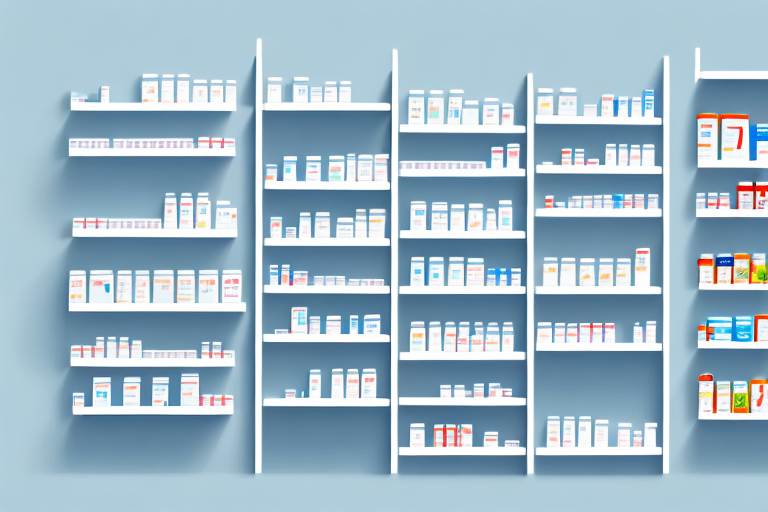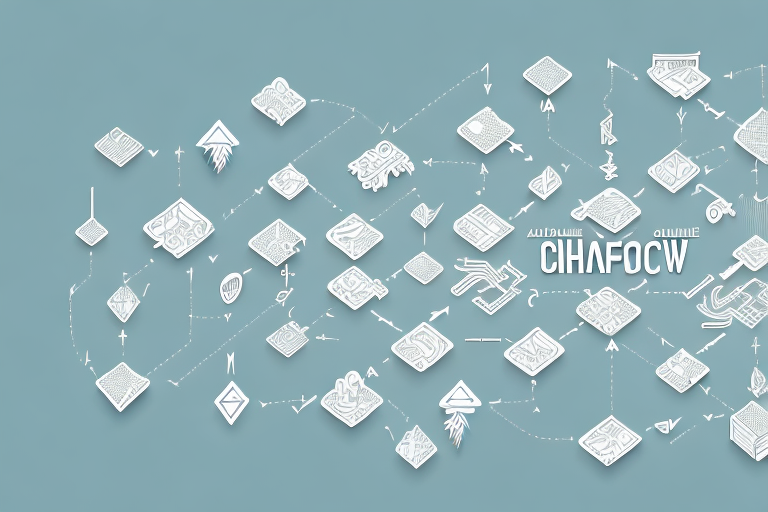Exploring the Benefits of Medical Delivery Services
Medical delivery services are increasingly transforming the healthcare landscape by providing a more convenient, faster, and accurate method of transporting medical supplies, equipment, and medications. These services facilitate the movement of essential items between hospitals, clinics, pharmacies, and patients' homes, ensuring that healthcare delivery is both efficient and reliable.
Enhancing Healthcare Delivery
Reducing Wait Times and Minimizing Errors
Medical delivery services significantly cut down on wait times, ensuring that critical supplies and medications reach their destinations promptly. According to a World Health Organization report, timely delivery of medical supplies can reduce treatment delays by up to 30%, which is crucial in emergency and life-threatening situations.
Cost Savings and Improved Patient Outcomes
By streamlining the delivery process, healthcare providers can reduce transportation and storage costs. These savings can be redirected to patient care, making healthcare more affordable. Studies have shown that efficient delivery services can lead to a 15% decrease in overall healthcare costs, enhancing patient outcomes and satisfaction.
Types of Medical Delivery Services
Traditional Courier Services
Traditional couriers remain the most common method for transporting medical supplies between healthcare facilities. They offer reliability and established logistics networks essential for day-to-day operations.
Specialty Medical Couriers
Specialized couriers handle sensitive and fragile medical items, such as organs for transplantation and blood samples. These services ensure that delicate items are transported under optimal conditions to maintain their integrity.
Innovative Delivery Methods
Emerging technologies like drones and autonomous vehicles are revolutionizing medical deliveries, especially in remote or hard-to-reach areas. For instance, drones can deliver medications to rural clinics within minutes, significantly improving access to care.
Role of Technology in Modern Medical Delivery
Real-Time Tracking and GPS
Advanced tracking systems and GPS technology allow healthcare providers to monitor deliveries in real-time, ensuring transparency and timely arrivals. This technology can reduce delivery times by up to 20%, enhancing overall efficiency.
Temperature Control and Security
Technology ensures that medical supplies requiring specific temperature conditions are maintained throughout transit. Secure transportation methods protect sensitive materials from theft or tampering, safeguarding patient information and medical integrity.
Impact on Rural and Remote Areas
Medical delivery services play a vital role in bridging the healthcare gap between urban and rural areas. Patients in remote locations can receive necessary medications and medical supplies without the need for long and often costly travel to healthcare facilities. This accessibility improves health outcomes and quality of life for individuals living in underserved regions.
Challenges and Solutions in Medical Delivery
Delivering sensitive and time-critical medical supplies presents unique challenges, including maintaining appropriate temperatures, avoiding contamination, and adhering to strict delivery schedules. Solutions such as specialized packaging, rigorous quality control measures, and the use of advanced logistics software are essential in overcoming these obstacles.
The Future of Medical Delivery Services
Looking ahead, the medical delivery sector is poised for significant advancements driven by technological innovation and increasing demand for personalized healthcare. Trends such as the integration of artificial intelligence for route optimization, the expansion of drone deliveries, and the adoption of autonomous vehicles are expected to enhance efficiency and expand the reach of medical delivery services globally.
Ensuring Patient Privacy and Security
Maintaining patient privacy is paramount in medical deliveries. Services implement encrypted communication channels and secure handling practices to protect sensitive information. Compliance with regulations like HIPAA ensures that patient data remains confidential and secure during the delivery process.
Choosing the Right Medical Delivery Service
Selecting a reliable medical delivery service involves evaluating factors such as reliability, speed, accuracy, and cost. Additionally, it's important to consider whether the service can meet specific needs, such as handling specialized medical equipment or providing emergency delivery options. Partnering with a reputable provider like ShipScience can ensure that your medical delivery needs are met with professionalism and efficiency.
Case Studies: Successful Implementations
Numerous case studies demonstrate the effectiveness of medical delivery services. For example, in rural areas, services have improved access to healthcare by ensuring timely delivery of medications, reducing hospital readmissions by 10%, and enhancing patient adherence to treatment plans. Specialty couriers have successfully transported critical items like organs for transplantation, ensuring they reach their destinations swiftly and safely.
Global Market and Legal Considerations
The global market for medical delivery services is expanding, driven by an aging population and advancements in medical technology. However, providers must navigate complex liability and legal issues, including ensuring compliance with international regulations and safeguarding against potential damages or delays. Adhering to stringent legal standards ensures the safe and ethical operation of medical delivery services worldwide.
In conclusion, medical delivery services offer substantial benefits, including enhanced efficiency, cost savings, and improved patient care. As the healthcare industry evolves, these services will continue to play a critical role in ensuring that medical supplies and medications are delivered safely, promptly, and securely to those in need.




















